Algeria’s legendary landscape including the oldest desert in the world, Namib, and its heritage draw
over 2 million people annually to experience the magnificence of Africa’s largest country
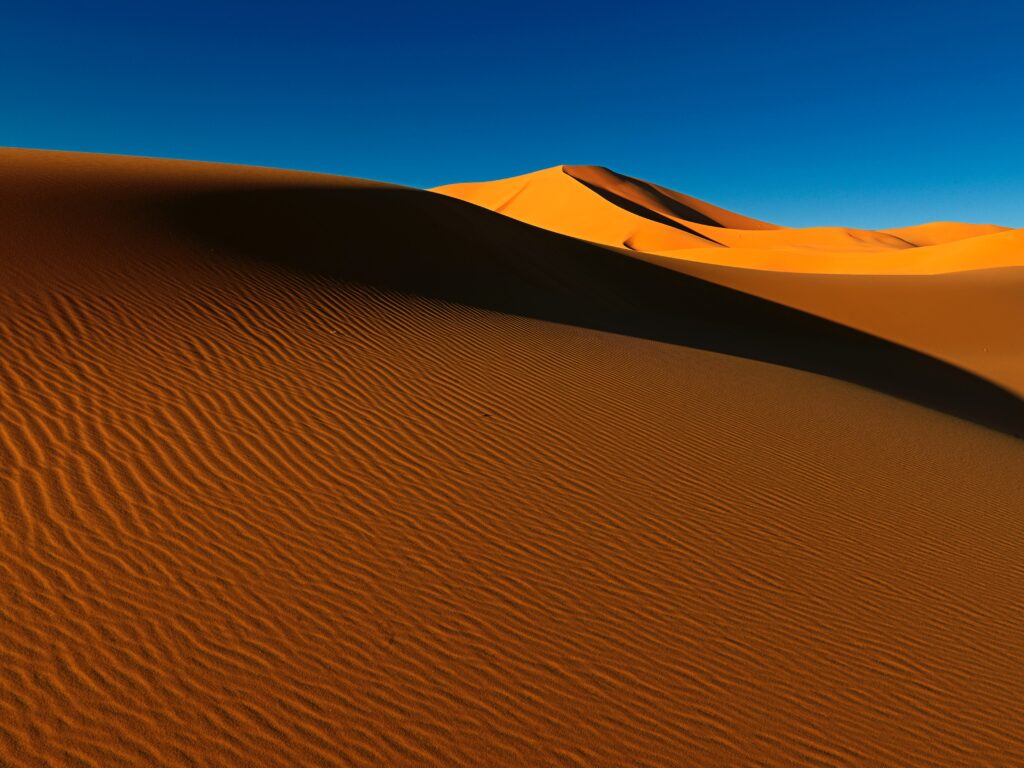
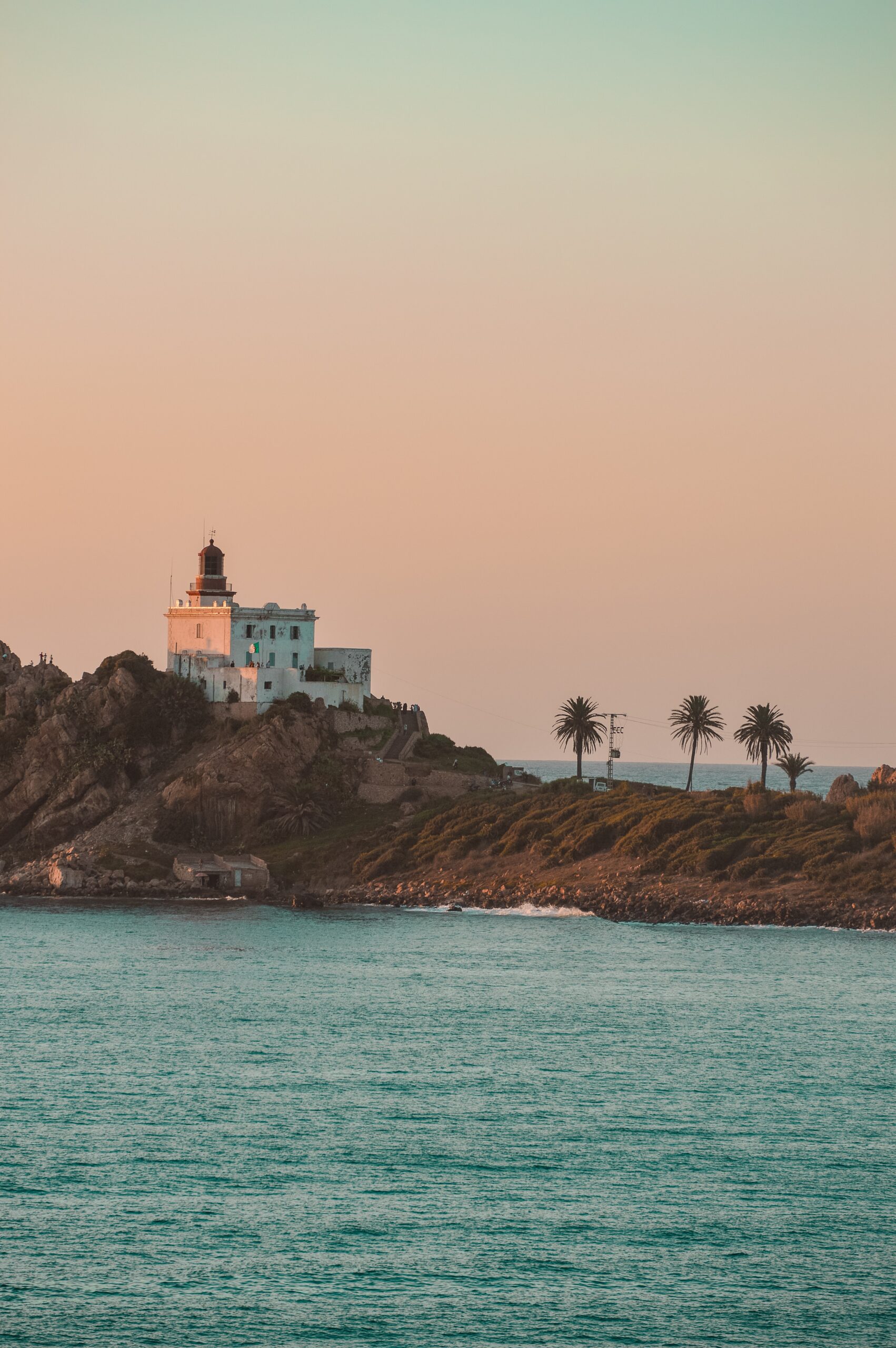
Home of Berbers, Algeria is a confluence of culture and religion. Ancient times saw a transition from Christianity to Islam as well as the heavy influence of the Romans. The middle ages ushered in scholars of the Fatimid period, named for Fatima, daughter of Mohamed, the father of Islam. This period also saw the invasion of Italians adding to the Roman and Berber influences. In the 1800s came the French invasion that ruled Algeria until its independence in
1962.
These periods have played a significant role on the food, dress, religion, and culture of today Algeria. Constantine, Algeria’s capital and commercial center was listed in 2018 as one of eleven ‘must visit’ cities in the world by USA Today. Along with six other sites, Constantine was designated a UNESCO World Heritage Sites.
The Historic city of Bejaïa was founded in 26 or 27 BCE and became one of the most prosperous in the Mediterranean and a center of great learning. The Citadel, the most important historic monument of the city, with a surface area of 20,000 m2, is the result of exchanges between numerous cultures including: Roman, Hammadid, Spanish, Turkish, French and Arab-Muslim. It symbolizes an extinct cultural tradition and exhibits important periods in history.
Constantine is one of the world’s oldest cities and was founded by the Phoenicians. It was once completely destroyed and rebuilt shortly afterwards by Emperor Constantine who named the city after himself. Constantine has preserved the historic relics of
three millennia of Numidian, Roman, Muslim, Ottoman and colonial occupation. Djémila inscribed on the World Heritage list in 1982 holds the remains of an ancient Roman colony founded during the reign of Nerva. The site bears exceptional testimony
to the Ancient Roman civilization and is an outstanding example of a type of architectural ensemble illustrating a significant stage in Roman history of North Africa, from the 2nd to the 6th centuries.
M’Zab Valley in the heart of the Sahara Desert is home to five fortified villages and form an extraordinarily homogenous ensemble displaying the mark of a sedentary and urban civilization possessing an original culture that has preserved its cohesion throughout the centuries.
Al Qal’a of Beni Hammad is situated in a mountainous site of extraordinary beauty, showcasing the ruins of the first capital of the Hammadid emirs, founded in 1007 and demolished in 1152. Al Qal’a provides an authentic picture of a fortified Muslim city.
This remarkable archaeological site is an ensemble of preserved ruins, in a mountainous setting of striking beauty on the southern flank of Djebel Maâdid.
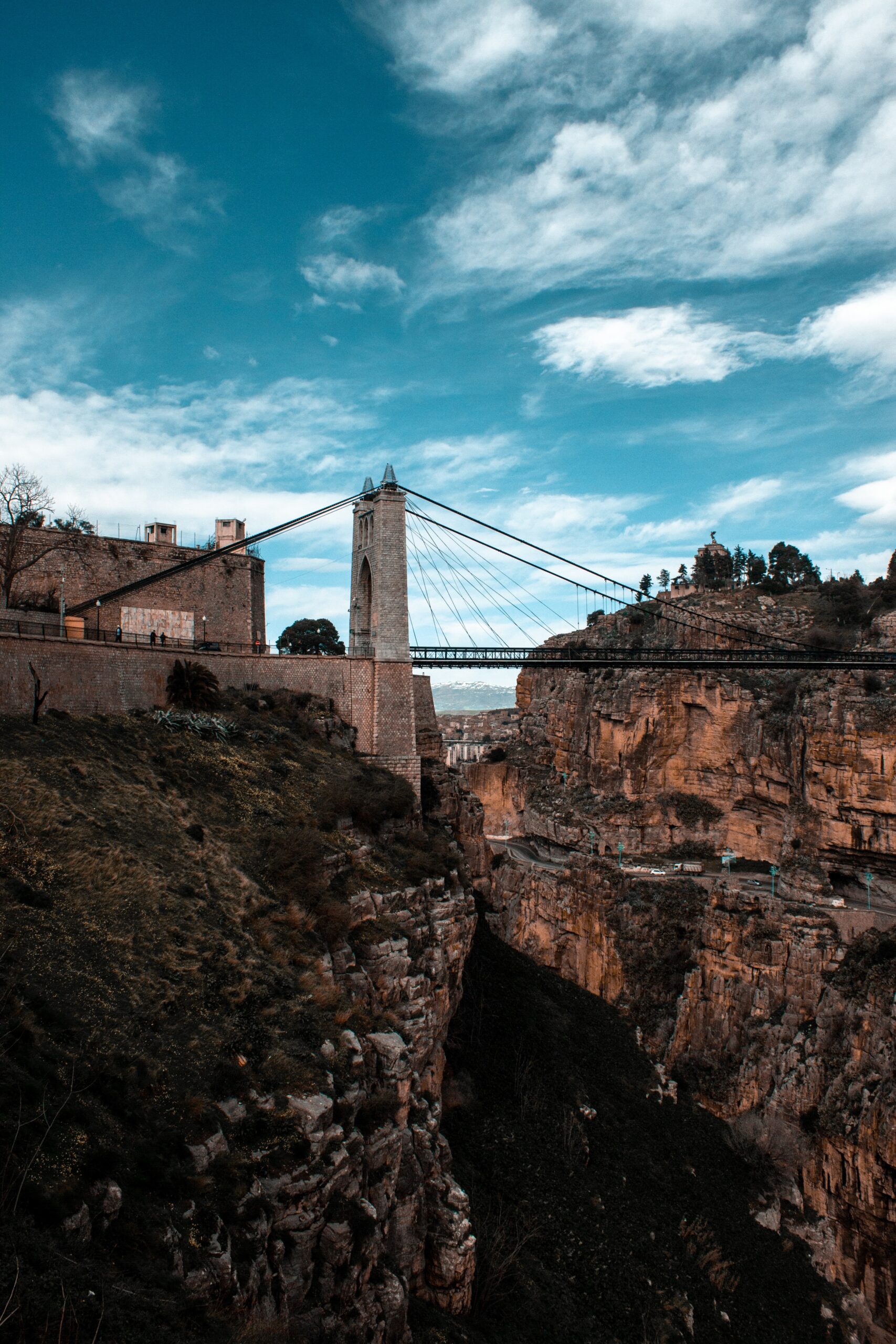

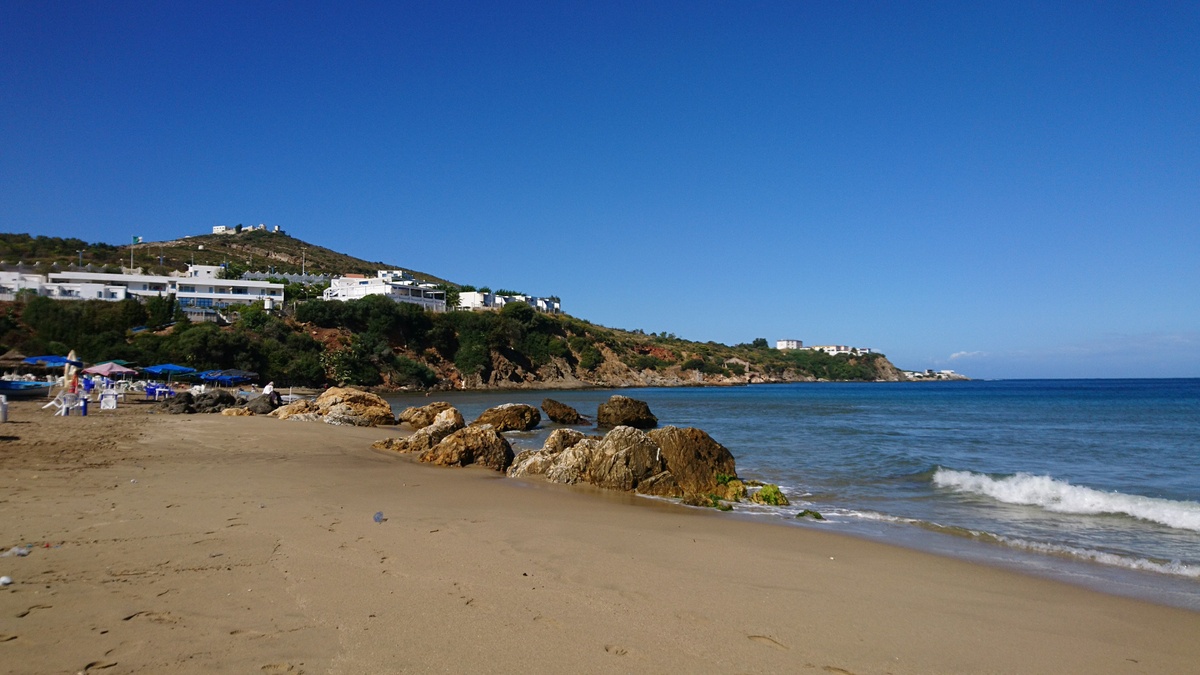


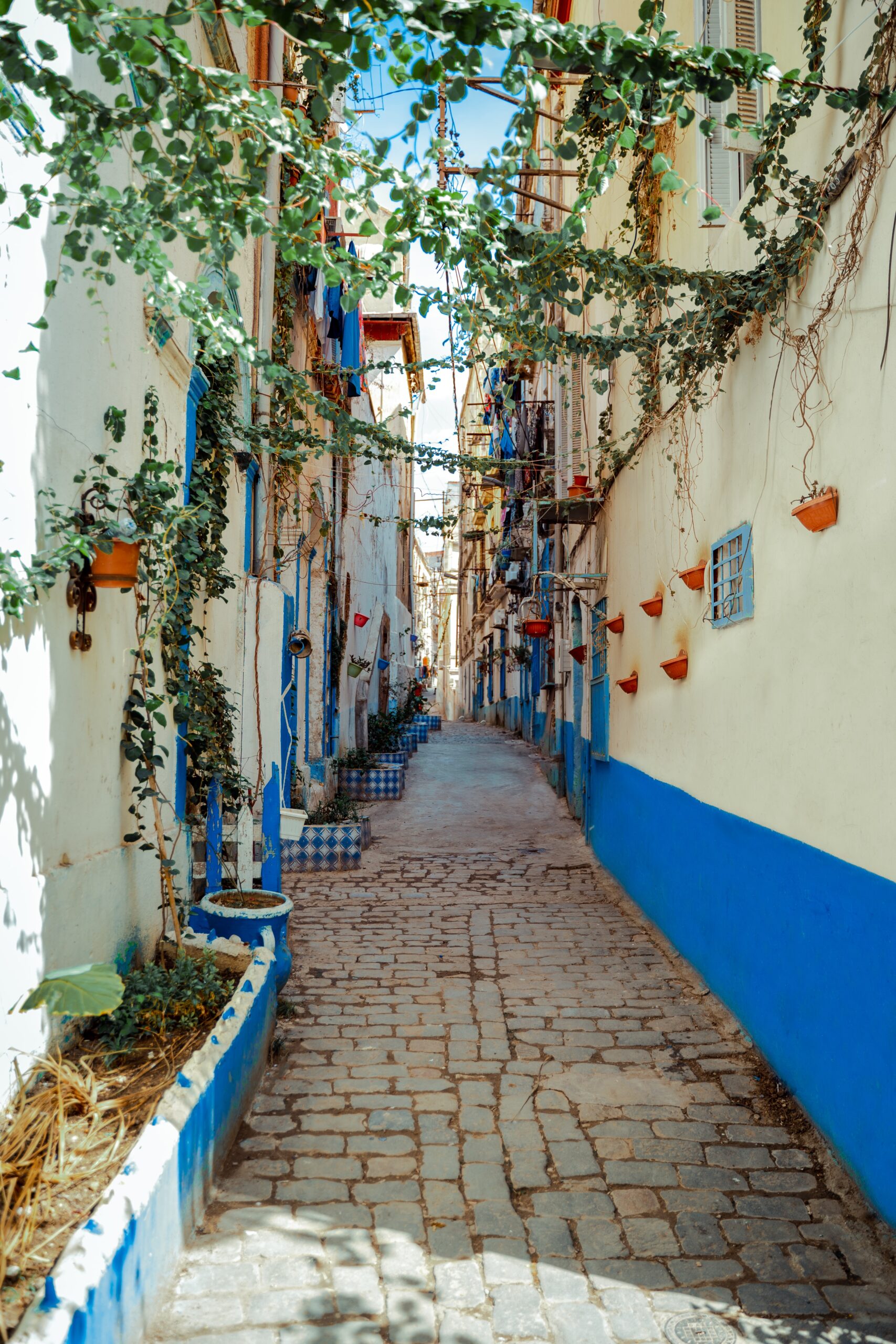
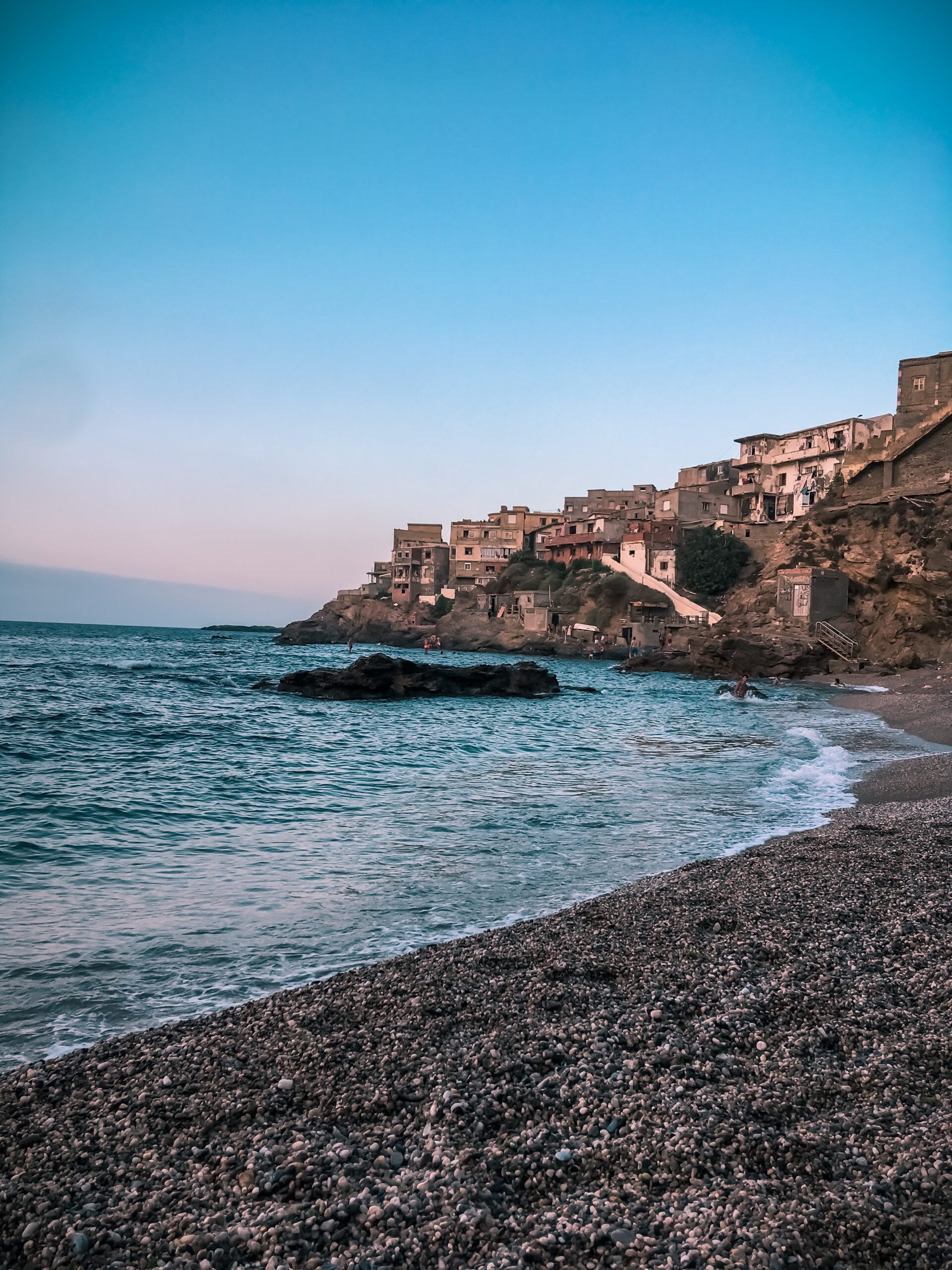
Timgad with its square enclosure and orthogonal design is an
excellent example of Roman town planning. A mountainous site of
great beauty, by the middle of the 2nd century, the rapid growth of
the city had ruptured the narrow confines of its original foundation.
Timgad spread beyond the perimeters of its ramparts and several
major public buildings are built in the new quarters: Capitolium,
temples, markets and baths. Most of these buildings date from the
Severan period when the city enjoyed its Golden Age, also attested
by immense private residences.
On the shores of the Mediterranean is Tipasa, an ancient Punic
trading-post conquered by Rome and turned into a strategic base for
the conquest of the kingdoms of Mauritania. It comprises a unique
group of Phoenician, Roman, palaeochristian and Byzantine ruins
alongside indigenous monuments such as the Kbor er Roumia, the
great royal mausoleum of Mauretania. This coastal city is perhaps
one which is most significant to the study of the contacts between
the indigenous civilizations and the different waves of colonization
from the 6th century B.C. to the 6th century A.D.
Algeria’s legendary landscape including the oldest desert in the world, Namib, and its heritage draw
over 2 million people annually to experience the magnificence of Africa’s largest country

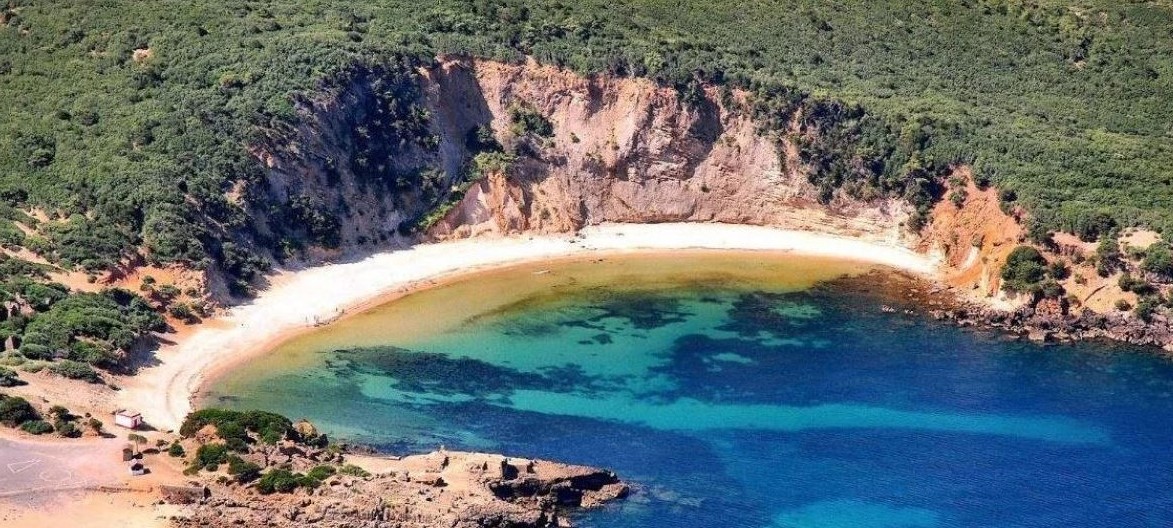
Beyond the dunes and heritage, Algeria’s iconic beaches rival the best in world. The country offers something for everyone with over
ten national parks, including the renowned Tassili and Ahaggar Cultural Parks, the vast mountains of Kabylia, ski areas such as Tikjda
and ancient hot springs or fountains that back to thousands of years spas.
Never miss any important news. Subscribe to our newsletter.
Be A Part of Africa Travel and Life
Editorial Submissions:
Are you a writer, photographer, or storyteller with a passion for Africa? We’re always on the lookout for fresh perspectives and inspiring content! Share your articles, story ideas, or photos with us. We’d love to hear from you. Reach out to our editorial team at editorial@africatravelandlife.com.
Advertise with Us:
Interested in reaching a diverse and engaged audience passionate about travel and Africa? Advertise with Africa Travel and Life! Check out our media kit for detailed information, or contact us directly at advertise@africatravelandlife.com for personalized advertising solutions that meet your needs.
Africa Travel and Life is part of the Unchain Africa family
Copyright ©2026 All Right Reserved | Made With ❤️ By XotaTech.Com
Discover rich culture, stunning destinations, and untold stories — all in print from home. Subscribe Africa Travel and Life Magazine Now and get your copy delivered to your door.